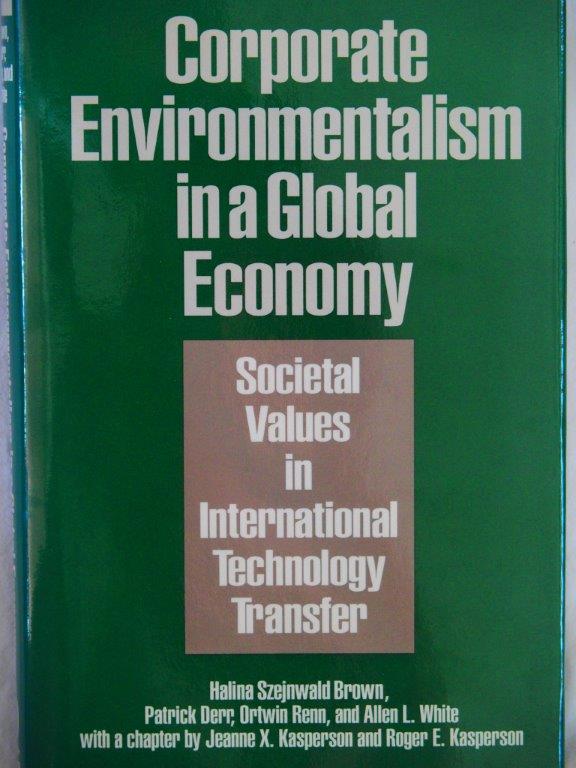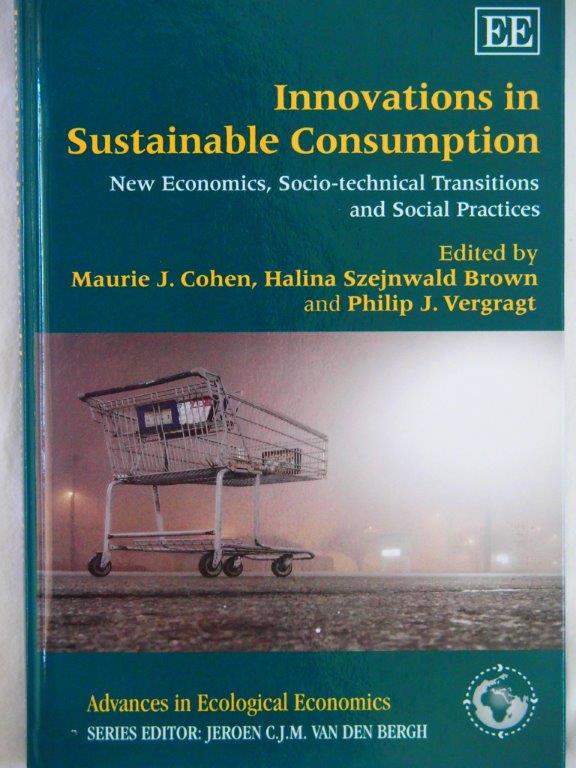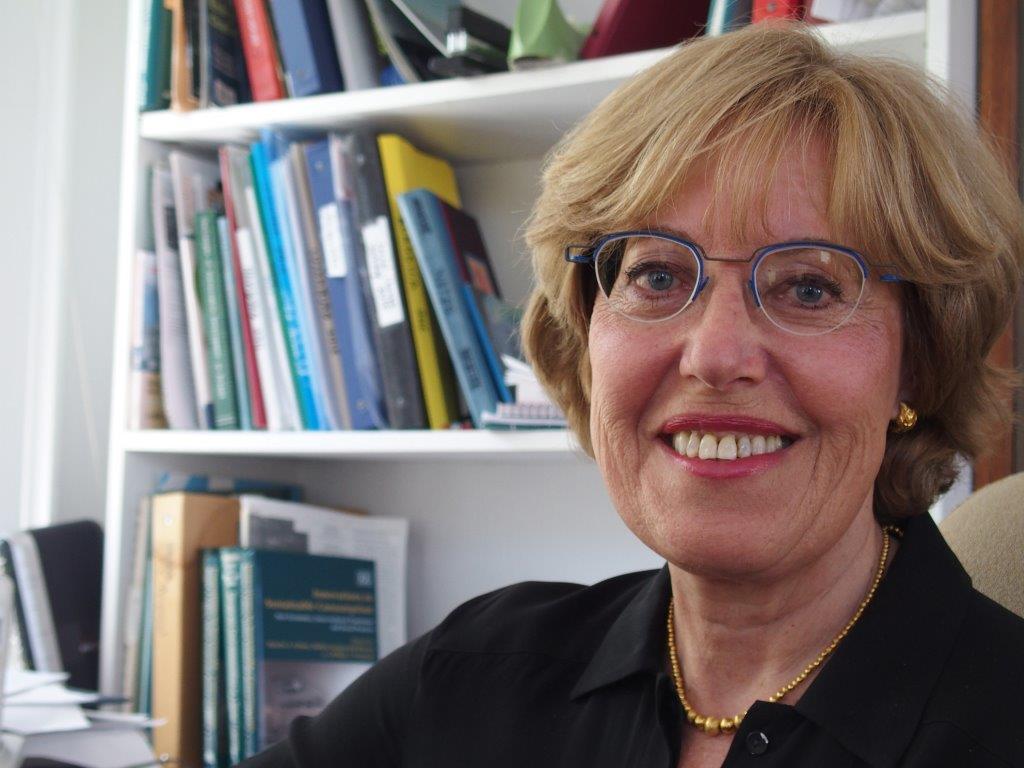 I am a Professor Emerita of Environmental Science and Policy at Clark University, a graduate program which I co-founded and directed for many years, in the Department of International Development, Community and Environment at Clark University. I have an appointment at the Marsh Institute at Clark. I am an Associate Fellow of the Tellus Institute in Boston, and a co-founder and Executive Board Member of the Sustainable Consumption Research and Action Initiative (SCORAI), an international knowledge network of more than 800 scholars and practitioners. I am also a Chairperson of Newton Citizens Commission on Energy, which was established in 1979 by city ordinance. The 9-member Commission performs technical analysis, develops policy proposals, and advises the Mayor and City Council on the matters of energy use reduction, greenhouse gas emission reductions, and climate and sustainability. When needed, the Commission advocates, supports campaigns and generally seeks to get things done.
I am a Professor Emerita of Environmental Science and Policy at Clark University, a graduate program which I co-founded and directed for many years, in the Department of International Development, Community and Environment at Clark University. I have an appointment at the Marsh Institute at Clark. I am an Associate Fellow of the Tellus Institute in Boston, and a co-founder and Executive Board Member of the Sustainable Consumption Research and Action Initiative (SCORAI), an international knowledge network of more than 800 scholars and practitioners. I am also a Chairperson of Newton Citizens Commission on Energy, which was established in 1979 by city ordinance. The 9-member Commission performs technical analysis, develops policy proposals, and advises the Mayor and City Council on the matters of energy use reduction, greenhouse gas emission reductions, and climate and sustainability. When needed, the Commission advocates, supports campaigns and generally seeks to get things done.
I am, in no particular order, a wife, a sister, a mother, a grandmother, an activist, a scientist, and a writer.
Early Years
I grew up in Poland before the fall of the iron curtain. My family was forced to emigrate from Poland as a result of government-organized actions and policies against the Jewish minority, which were silently sanctioned by the population. I came to the United States as a refugee and initially settled in St. Louis, Missouri, where my family joined me a year later. I received an undergraduate degree in Chemistry from Washington University of St. Louis and then moved to New York City, where I earned a Doctorate in Chemistry from New York University.
Professional Trajectory
1980s and 1990s
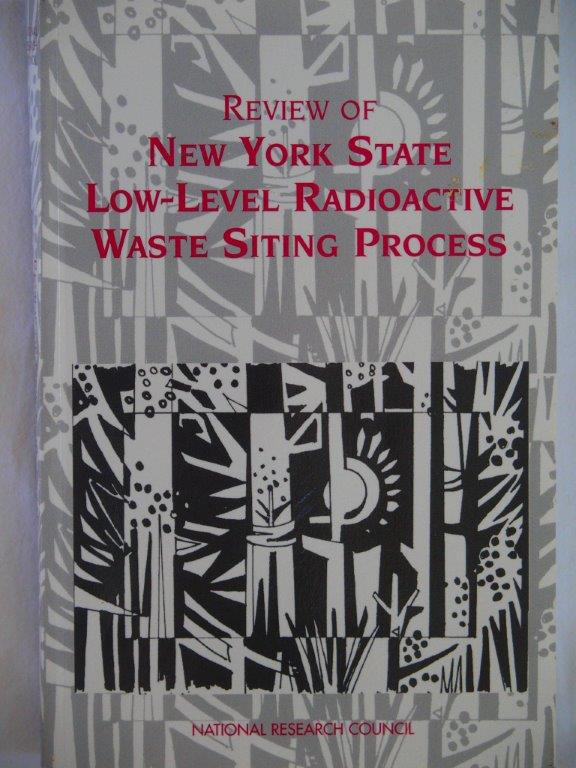 Research in toxicology, epidemiology, and risk assessment; and work at science-policy interface
Research in toxicology, epidemiology, and risk assessment; and work at science-policy interface
My postdoctoral work at Columbia University and Massachusetts Institute of Technology (MIT) focused on binding of cancer-inducing compounds to DNA. This research awakened in me an interest in toxicology, epidemiology of cancer, risk assessment, environmental health, and environmental policy. During the 1980s I served as Director of the Office of Research and Standards, which I established and developed, at the Massachusetts Department of Environmental Protection. In that position I directed the environmental risk assessment work for the agency, advised the Commissioner of the agency on all public health policies, and directed the research activities. I also testified before the US Congress and Massachusetts Legislature and represented the agency in judicial proceedings. My legacy from that period is the Massachusetts Air Toxics Program, which was developed under my leadership as the first state-level program in the country for regulating toxic air pollution, which at the time was not regulated at the federal level. This program to this day continues to be the basis for regulating toxic air pollutants in Massachusetts.
During that period I served on several scientific consensus committees of the National Academy of Sciences, Science Advisory Board to the Massachusetts Toxic Use Reduction Program, and numerous other state and national advisory bodies, to which I provided expertise in risk assessment and environmental health and policy. I also consulted widely and served as a scientific expert in judicial proceedings. I served on the National Science Foundation Review Committees and the Program Committee for the American Association for the Advancement of Science, to which I provided and interdisciplinary perspective and an understanding of the science-policy interface. The AAAS Program Committee works with the President of AAAS to develop programs for the annual conferences.
As a Visiting Professor at the Institute for Social Medicine at Warsaw Medical School in Poland in 1991-2, and a Fellow of the International Research and Exchange Board (IREX), I conducted research in Poland — one of the most polluted countries in Europe at the end of the soviet period – on the relationship between pollution and lung cancer mortality.
In 1990 I was elected a Fellow of the International Society for Risk Analysis (SRA).
1990s and 2000s
Through a collaboration with Mahidol University in Thailand and with the Administrative Staff College of India, and with DuPont, Occidental Chemical and Xerox Corporations, I studied how multinational corporations manage chemical hazards in their overseas facilities in developing countries. This was one of the first detailed looks into corporate decision-making processes in cases where conflicts between mutually desirable but competing social objectives arise. The results were published in a book “Corporate Environmentalism in a Global Economy: Societal Values in International Technology Transfer” (with Patrick Derr, Ortwin Renn, and Allen White), Quorum Books 1993.
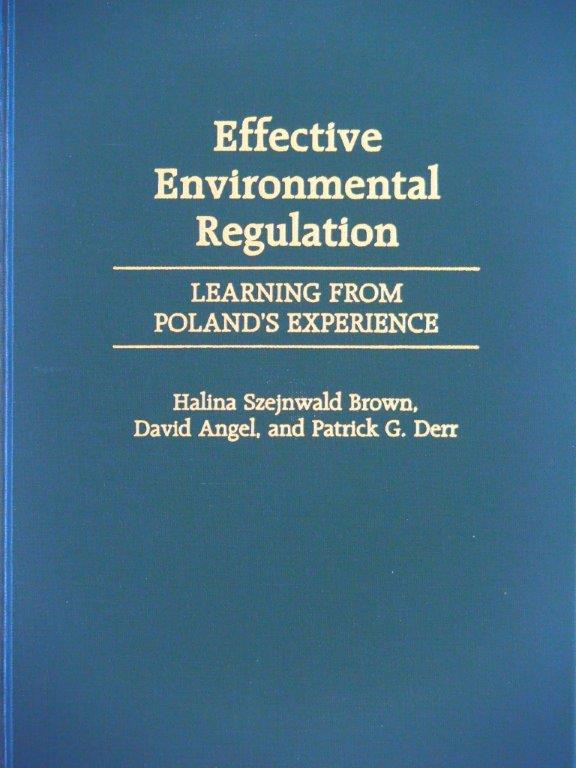 I was a Fellow of the National Institute for Occupational Protection in Poland, where I studied the transition of the environmental and occupational regulatory system to democracy and market economy. This work led to the book “Effective Environmental Regulation: Lessons from Poland’s Experience” (with David Angel and Patrick Derr), Praeger 2000.
I was a Fellow of the National Institute for Occupational Protection in Poland, where I studied the transition of the environmental and occupational regulatory system to democracy and market economy. This work led to the book “Effective Environmental Regulation: Lessons from Poland’s Experience” (with David Angel and Patrick Derr), Praeger 2000.
During the 1990s I also lead the effort to create the Environmental School at Clark University and was its first Director. This was a pioneering program offering liberal arts undergraduate education in all majors through the lens of environment-human interactions.
In 2003 I was elected Fellow of the American Association for the Advancement of Science (AAAS).
During the 2000s and 2010s, in collaboration with Martin de Young at Technical University of Delft I turned my attention to Global Reporting Initiative (GRI), the leading global framework for reporting sustainability performance. I probed the strengths and limitations of using information disclosure as a tool for so-called soft regulations, and demonstrated the challenges of using multistakeholder processes to build effective institutions. This work lead to several highly cited publications.
2000s until present
My work during the first two decades of 2000s has helped to forge a community of practice focused on the issue of sustainable consumption. I have additionally occupied leadership positions in various transnational academic and policy networks to advance the field and am co-founder (in 2008) and Executive Board Member of the Sustainable Consumption Research and Action Initiative (SCORAI), an international knowledge network of more than 1400 scholars and practitioners. SCORAI has over the last few years sponsored several highly successful workshops and three international conferences (2013 Clark University, Worcester, MA, US; 2016 University of Maine, Orono, ME, USA; 2018 Copenhagen Business School, Copenhagen, Denmark). As part of my engagement with SCORAI I co-edited, and contributed to, two books (with Maurie Cohen and Philip Vergragt): in 2013 Innovations in Sustainable Consumption: New Economics, Socio-technical Transitions, and Social Practices; and in 2017 Social Change and the Coming of Post-Consumer Society: Theoretical Advances and Policy Implications. I am also a co-editor of Routledge-SCORAI Studies in Sustainable Consumption.
